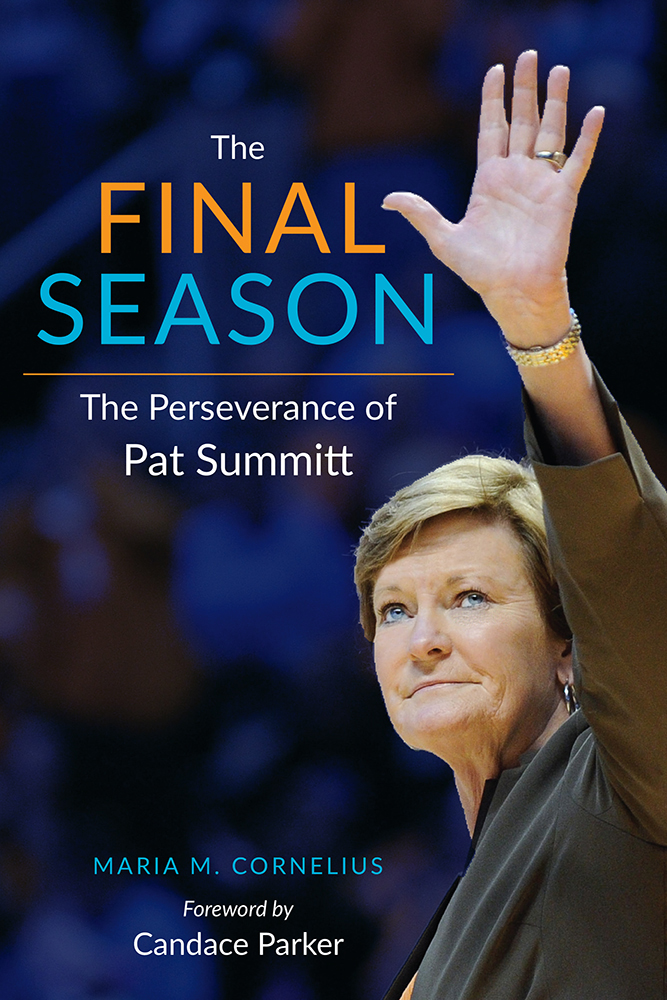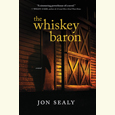Football and Felony in Beantown
Ace Atkins’s third Spenser mystery takes Robert B. Parker’s legendary detective into the world of professional football
After he and his wife have been repeatedly followed, Kinjo Heywood, star linebacker for the New England Patriots, hires Robert B. Parker’s beloved private investigator, Spenser. The culprits might be merely unhinged fans, but Spenser suspects the latest threats are connected to a suspicious death in a bar a few years earlier—a death in which Heywood was implicated. Heywood swears he didn’t kill anyone, that he paid off the victim’s family only to prevent further bad publicity. But when Heywood’s son from his first marriage is kidnapped, Spenser knows that not even money can assure a happy ending.
 In 2011, the Robert Parker estate tapped Ace Atkins to continue the late writer’s bestselling series of thrillers. With Cheap Shot, his third Spenser novel, Atkins proves again that he is indeed up to the challenge. Spenser belongs to a profession known for its wise-cracking, woman-loving, hard-drinking detectives. Spenser, by contrast, is loyal to his long-time love, Susan Silverman, and he’s as capable with a recipe as with a gun. He can quote Thoreau and Robert Frost. He and he and his able associate, Hawk—along with their “intern,” Z, a young Native American—have witnessed the worst in people, but their sarcastic cynicism should not be misinterpreted as a lack of caring.
In 2011, the Robert Parker estate tapped Ace Atkins to continue the late writer’s bestselling series of thrillers. With Cheap Shot, his third Spenser novel, Atkins proves again that he is indeed up to the challenge. Spenser belongs to a profession known for its wise-cracking, woman-loving, hard-drinking detectives. Spenser, by contrast, is loyal to his long-time love, Susan Silverman, and he’s as capable with a recipe as with a gun. He can quote Thoreau and Robert Frost. He and he and his able associate, Hawk—along with their “intern,” Z, a young Native American—have witnessed the worst in people, but their sarcastic cynicism should not be misinterpreted as a lack of caring.
In this case, Spenser knows what the parents don’t: kidnappers don’t like to leave witnesses behind. Each day that passes means it’s less likely the boy will be found alive. Still, Spenser never gives up. When Tom Connor, a shady FBI agent who looks as if “he’d just escaped the Men’s Wearhouse,” suggests that they work together, Spenser considers the proposal: “Tom Connor was a distrustful, immoral creep. And I’d rather have my manly parts roasted over an open flame than work with him. But my job wasn’t to vet the help. My job was to facilitate the return of an eight-year-old boy to his father. And if working with the devil himself would help, then I’d explore my options.”
Even more than the suspense, the real fun of a Spenser novel is getting to share the detective’s decidedly quirky view of the world. He and Hawk prepare for a dangerous meeting, for example, by stopping at a convenience store for coffee: “There was no sense in going against an entire drug gang uncaffeinated,” Atkins writes. And as Spenser and another detective look at a painting of Heywood tackling a quarterback, Spenser wonders aloud if anyone will ever want to paint his own portrait. The detective shakes his head: “Sarcasm is hard to capture on canvas.”
This is Atkins’s third Spenser novel, so there’s no need to discuss whether Atkins can handle Robert B. Parker’s legacy. Unhappy Parker fans will have long since stopped reading, while the happy ones are buying the books. And for readers unfamiliar with Spenser, Ace Atkins writes a well-told, fast-paced tale that will keep the most demanding mystery lovers entertained.


